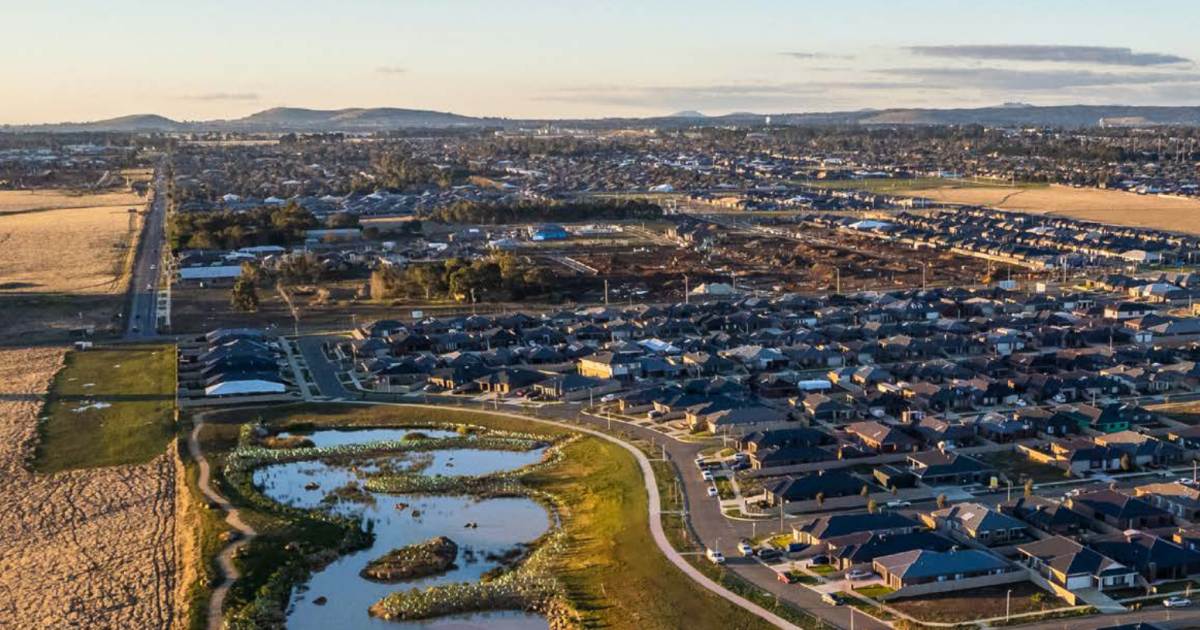The Ballarat community has been invited to have their say on a draft plan designed to help support the community reach net zero emissions by 2030.
Emissions across the City of Ballarat local government area were estimated at 1.5 million tonnes carbon dioxide equivalent (CO2e) in 2020. The major culprits contributing to this were electricity (61%), transport (17%) and natural gas (16%) use.
“The Draft Ballarat Net Zero Emissions Plan aligns with Goal 1 in the Council Plan 2021-2025 to create ‘an environmentally sustainable future’,” said City of Ballarat Mayor, Cr Daniel Moloney. “This plan was developed on the back of extensive research and a series of stakeholder consultation workshops with industry and the business sector, environmental groups and the community.”
The draft plan details how Council will partner with the Ballarat community, businesses, community leaders and other levels of government to (hopefully) make net zero happen by 2030. Five core sectors and actions for each are identified; the sectors being:
- Businesses
- Homes
- New Developments
- Transport
- Waste
Ballarat’s Renewable Energy Revolution
Renewable energy will have a major role in achieving the aspirational target, and has already played a significant part to this stage.
According to Council, close to 10,000 solar power systems have been installed in Ballarat, which the organisation says are providing emissions savings of over 70,000 tonnes of CO2 equivalent (CO2-e) each year. But it appears only approximately 18.7% of compatible dwellings in the LGA have PV installations; so there’s plenty more emissions (and electricity bill) savings1 to be had. Thankfully, there’s no shortage of good solar panel installers servicing Ballarat to turn rooftops into clean power stations.
Council is already walking the talk on electricity related emissions, purchasing 100 per cent renewable energy for all its operations last year and avoiding around 10,000 tonnes of CO2e in the process. Beyond electricity emissions, Council has committed to achieving carbon neutrality organisation-wide by 2025.
Businesses large and small in the area are also doing their bit. An example is McCain, which plans to purchase 100 per cent renewable energy by 2030 and is rolling out a bunch of solar for its Ballarat processing facility. The first stage (4.5MW) commenced operations last year and construction of solar car park will kick off early next year. McCain has also built a cogeneration biodigester system on-site that transforms waste from its operations into biogas.
City of Ballarat acknowledges achieving community-wide net zero emissions by 2030 is no mean feat.
“However, putting in place the foundations necessary to work towards this target is a crucial step to addressing one of the most pressing issues of our time.”
The Draft Ballarat Net Zero Emissions Plan can be viewed here. Council is encouraging feedback from the local community on its contents, suggestions for additional programs or actions and general feedback. Submissions will be received until 5pm Sunday 28 August 2022 – further details here.
Footnotes
- Just as an example using the SolarQuotes solar calculator with its default settings, a 6.6kW solar system installed in Ballarat will provide annual savings of around $1,160 and achieve payback in 6 years, 4 months – shorter if more solar electricity is self-consumed than the default 21%. ↩


 RSS - Posts
RSS - Posts



Speak Your Mind